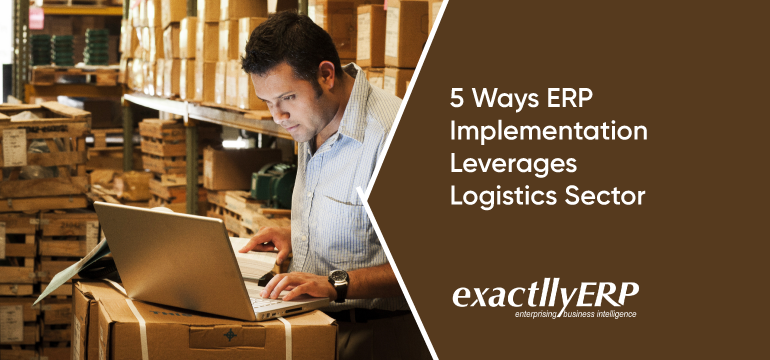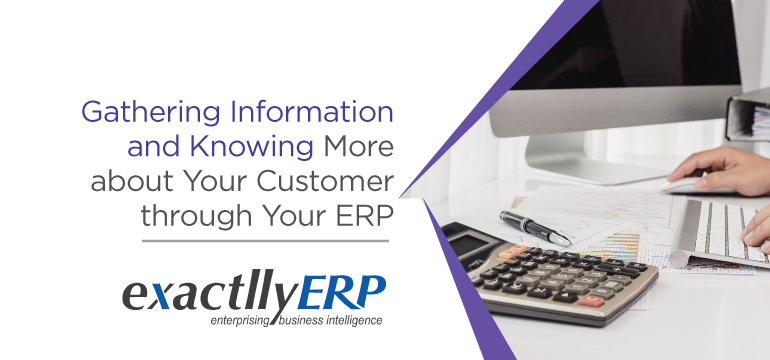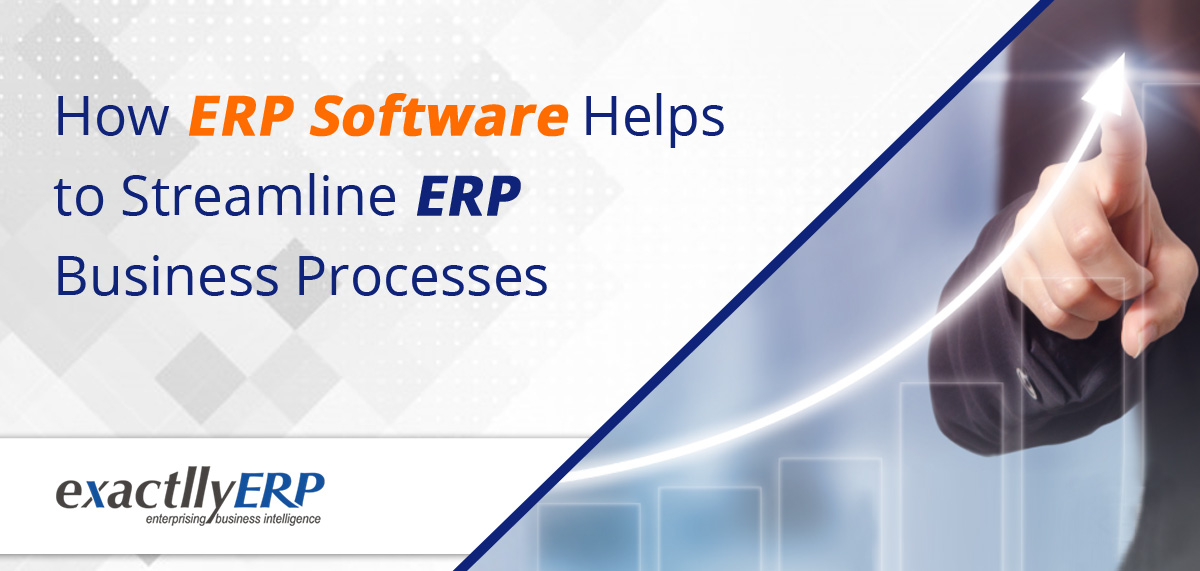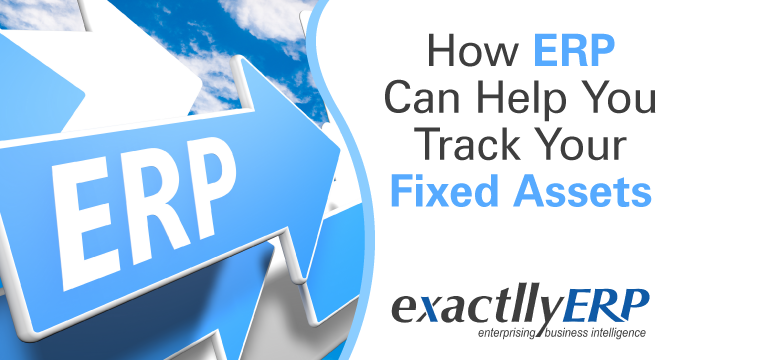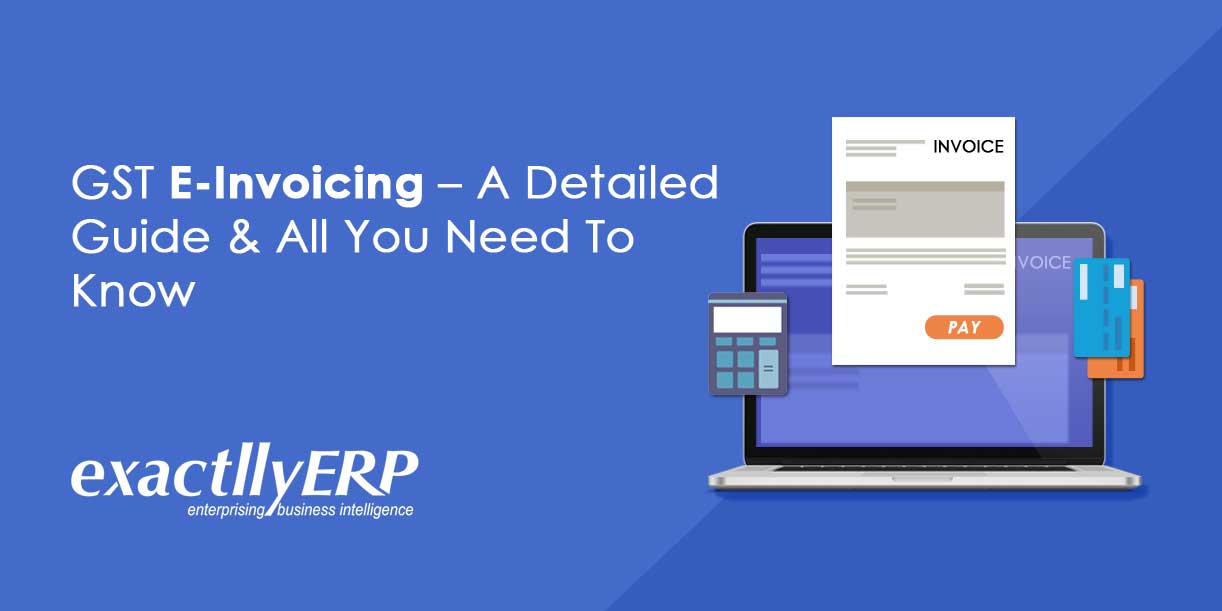Key Criteria for ERP Software Selection
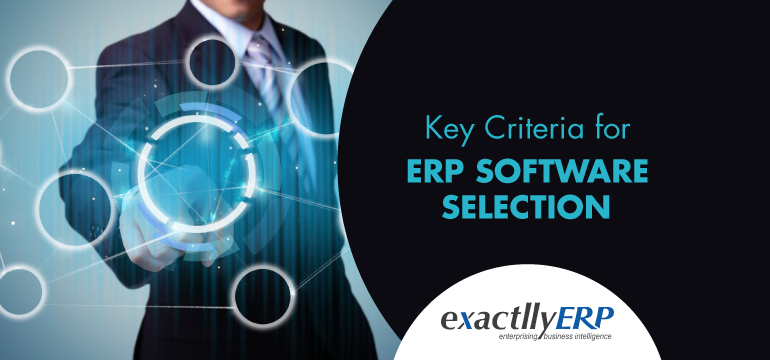
ERP software allows organizations to integrate their business processes with the help of suitable configurations. The right ERP software is the one that smoothly adapts to your company requirements. However, it does not mean that you don’t have to re-align your existing processes. During ERP implementation, an organization observes significant changes in their operations.
Nonetheless, a carefully selected ERP makes sure that the solution is implemented rapidly and there is a minimum amount of customization required. Customization increases the cost of implementation and too much customization undermines the effectiveness of ERP software. Moreover, suitable ERP software eliminates the need for new software development designed specifically for your company which is both costly and risky.
How to choose the right ERP?
While there are many parameters that help you to choose the right software, the primary factor for every small business owner is whether it does what they want to achieve. If so, is it affordable and easy to implement without consuming too much money and time respectively? The owner should also remember that optimizing the supply chain is usually an important agenda while ERP implementation. Cloud ERP, available on a subscription basis, is the best option for small-scale business owners owing to its flexibility and scalability. Moreover, it does not require investment in additional IT infrastructure.
Following are the key criteria for ERP Software:
-
Purpose –
ERP software may not be suitable for every business. Find out if your business really needs an ERP solution. Do you find your business becoming complex and difficult to manage because of rapid growth? Talk to your senior executives and ERP vendors. How does ERP help your business and what are you going to achieve through it? While there are many tasks that you can streamline with ERP implementation, your primary demand may include cost reduction, revenue growth, customer service improvement, inventory management, and so on.
-
Evaluation of Existing Processes –
Take time to evaluate different processes that are going to be under the ERP ambit. Assess the current state of affairs and anticipate changes likely to take place. SWOT analysis of business processes is an effective way of taking stock of the situation.
-
Implementation Plan –
The devil lies in the details. ERP implementation is a vital task that can make or break your expectations. ERP should not be approached for the sole purpose of cost reduction because that way you tend to ignore other important considerations like optimization of the value chain. Once you are able to streamline all your processes, the cost will automatically reduce in the long run. Employees are an integral part of ERP implementation. ERP implementation may lead to many structural changes in employee hierarchy. How are they going to cope with sudden change and automation? Plan training sessions for different categories of employees. ERP affects both customers and vendors. Take into consideration the opinion of your key customers and vendors before implementation.
-
Assessment of the Operating Environment –
There are different types of ERP software available in the market. Assess the nature of your business before selecting a suitable product. For instance, you can choose a specific ERP system for process manufacturing, contract manufacturing, distributor, warehouse management, and multi-lingual or multi-currency environment.
-
Vendor Selection –
Vendor selection can be an exhaustive task especially for business owners with little or no experience in ERP implementation. The first thing to remember here is that do not let vendors dictate requirements for ERP implementation. The complexity of the business environment can be overwhelming; however, you are the best judge for your requirements. Look for a vendor with a proven track record and ask for references. Try to avoid vendors that work with your competitors even if they are successful there. Choosing a better vendor that differentiates from your competitor is often a wiser option. Note down critical processes in your organization that need improvement before approaching a vendor.
-
Module Selection –
Most ERP software comes along with a host of modules that cater to different needs in an organization including CRM, inventory, purchase, sales, finance and accounting, HR, supply chain, production, and so on. Rather than aiming for all of them, start with the most critical module required in your organization. You can gradually spread out the modules and automate different processes. However, during module selection, do not overlook the core purpose of ERP adoption.
-
Verification –
Vendors’ salespersons are often motivated to sell faster and sell more. Blindly following their sales pitch may lead to disastrous consequences for your business. Instead of hasting the software selection process, take your time to verify all the claims made by the vendor. Dig deep into the hidden costs associated with ERP implementation. Estimate the total cost of ownership including employee training, SaaS integration capability, business loss due to delay in implementation to avoid being in a tizzy. Check online reviews about ERP software, discuss with colleagues and other vendors.
-
Employee Participation –
Some business owners may completely overlook this aspect; however, one must understand that employees are the ultimate users of ERP. Employees’ opinions, compassion, and convenience play an essential role in ERP selection. ERP software should be easy to comprehend and bear similarity to existing ways of working. A complete overhaul may dissuade employees to learn it faster and may cause loss of output.
-
Demonstration –
Before implementing ERP, it is important to get a demonstration of your critical processes. Select two or three ERP vendors for process demonstration before investing in it. The demonstration gives a fair idea about how the system looks and functions and what its potential is.
-
Selection of service Delivery Model –
There are three different delivery models viz. on-premise, cloud-storage, and hybrid model. Carefully choose the model which suits your needs. Assess the security issues, software, and hardware flexibility granted. Whatever model you choose, it should facilitate all your operations without any obstacles.
Finally, the right ERP Solution Promises long-term Benefits:
ERP implementation is closely associated with business transformation. ERP software should not conflict with your organizational interests in any manner. Outline your key requirements. Indeed, due diligence and review should be fundamental to your selection strategy. Contact Us for a Free Demo.

